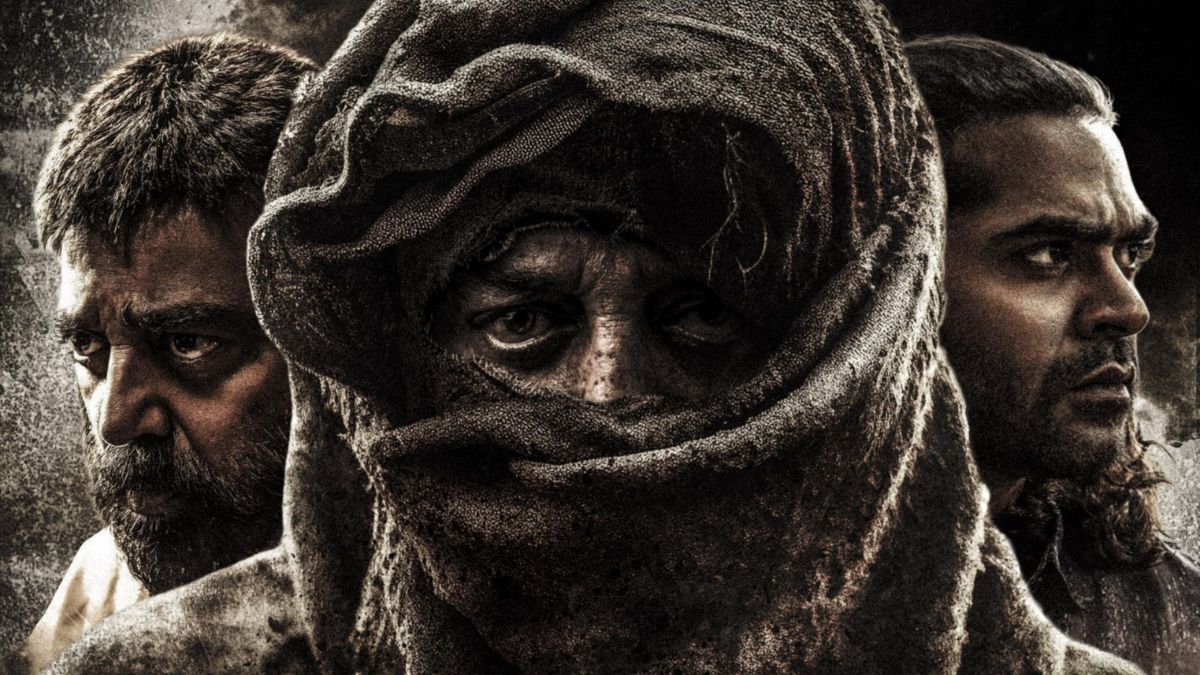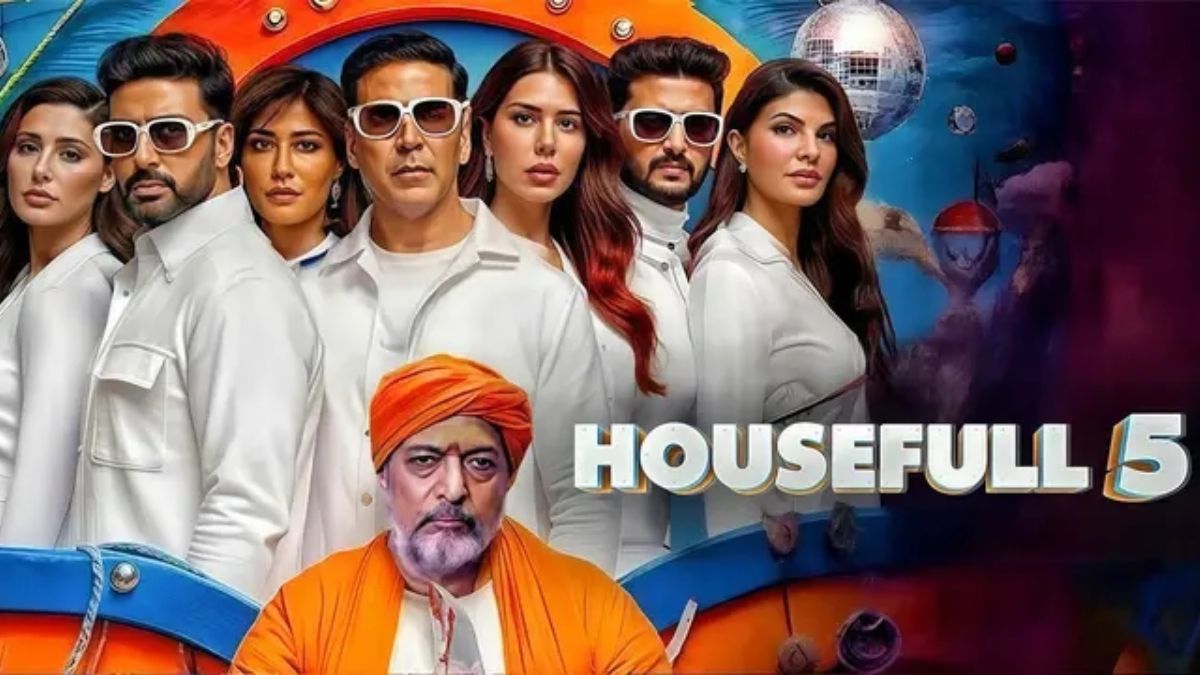In a stern rebuke delivered on Monday, the Supreme Court of India sharply criticized the Karnataka High Court for entertaining a public interest litigation (PIL) that led to a temporary ban on the release of Kamal Haasan’s upcoming film Thug Life. The apex court’s observation — “Mob can’t decide what the public can watch” — sends a clear message about upholding constitutional rights amid growing pressure from interest groups and political interference in artistic expression.
Background: PIL Filed Over Alleged Offense
The controversy began when a petitioner approached the Karnataka High Court claiming that the trailer and title of Thug Life, directed by Mani Ratnam and starring Kamal Haasan, promoted anti-social behavior and could influence youth negatively. The High Court had reportedly accepted the PIL and agreed to hear the plea for banning the film’s theatrical release in Karnataka.
This judicial move triggered widespread backlash from the film fraternity, free speech advocates, and legal experts, who viewed it as an overreach and a threat to creative freedom.
SC’s Firm Stand: Censorship is Not Crowd-Sourced
Hearing the matter on appeal, the Supreme Court bench — led by Justice B.R. Gavai — lambasted the Karnataka High Court’s decision, stating:
“The mob cannot dictate content. A constitutionally governed democracy cannot allow the rule of law to be replaced by outrage.”
The court underlined that the Central Board of Film Certification (CBFC) is the only authorized body to decide if a movie should be allowed for public viewing — not courts acting on sentiment-driven petitions.
The apex court emphasized that pre-censorship based on anticipated offense is a dangerous precedent, warning that such judicial interventions could result in a flood of frivolous litigations meant to stifle artistic expression.
The Larger Issue: Cinema and Censorship in India
India has a long history of films being targeted due to perceived religious, political, or cultural insensitivity. In recent years, movies like Padmaavat, The Kashmir Files, and OMG 2 faced legal and political hurdles before their release.
Legal scholars argue that courts must tread carefully to avoid infringing on Article 19(1)(a) of the Indian Constitution — which guarantees freedom of speech and expression. The Supreme Court’s strong remarks in the Thug Life case reflect growing judicial acknowledgment of the thin line between regulation and suppression.
Reaction from the Film Industry
Reacting to the SC’s stand, several celebrities and filmmakers, including Kamal Haasan, lauded the decision. In a brief statement, Haasan said:
“Cinema is not a crime. It is a mirror of society. We stand by the Constitution and welcome the Supreme Court’s protection of artistic freedom.”
Film associations in Tamil Nadu and Mumbai also issued statements urging courts to avoid becoming arbiters of cultural sentiment unless there’s clear evidence of legal violations.
What Happens Next?
With the SC’s scathing remarks and the PIL likely to be dismissed, the path is now clearer for Thug Life to release as scheduled. However, the case may serve as a landmark reference in future debates about judicial intervention in the arts.
Legal observers say the Supreme Court’s proactive defense of cinematic freedom could influence how lower courts handle similar cases, especially in the age of social media outrage, political polarization, and vigilante censorship.
Conclusion: The Constitution Still Speaks
The Thug Life case has become more than a film controversy — it’s a constitutional reaffirmation that in a democratic nation, the rule of law must prevail over mob-driven morality. As the Supreme Court rightly asserted, art cannot be put on trial by emotion or noise. The right to create — and the right to watch — remains a fundamental part of India’s democratic identity.
Read More: Qualcomm Reportedly Prepping New Snapdragon 8 Plus Chip to Power 2025’s Flagship Killers
Read More: OnePlus Nord 5 Set to Redefine Mid-Range Segment: Launch Confirmed for July 8 in India








